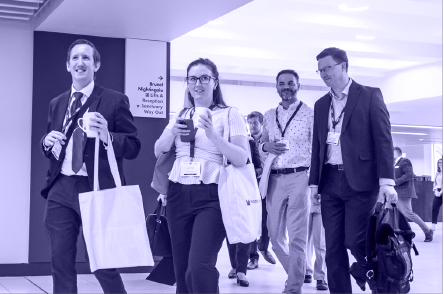Public Finance Live takes place at Manchester Central on 10-11 July 2024
Public Finance Live is delighted to be coming to Manchester in 2024. This year looks set to be a year of both change and continuity. The political outlook remains uncertain, and the economic outlook is likely to continue to be challenging, with the public sector continuing to feel the impact of long-term underfunding and increasing demand for services due to the cost of living crisis, amongst other global and local shocks. We see a number of public sector organisations reporting extreme financial stress, and challenges to recruit and retain talented key staff are hampering efforts to recover and prepare effectively for the future across all public services.
The need for sound, accountable and innovative public financial management to grasp these challenges has never been greater. Public Finance Live brings together leaders and practitioners to share insight, ideas and best practice to solve the key issues impacting the public sector and to plan for the future. CIPFA’s annual conference is ideal both for those looking at the big public policy picture and for more hands-on updates, discussion and insights into public finance and public service management. This flagship event provides a unique opportunity to reconnect with colleagues to inspire new thinking and strengthen networks.











